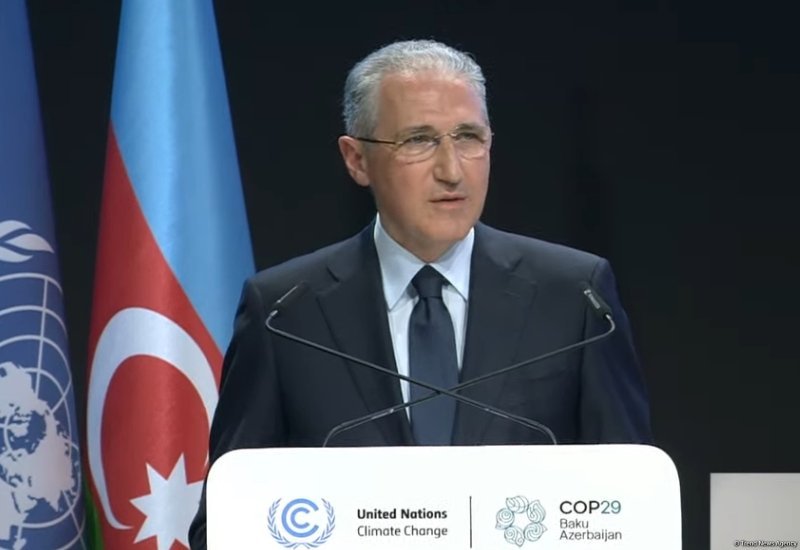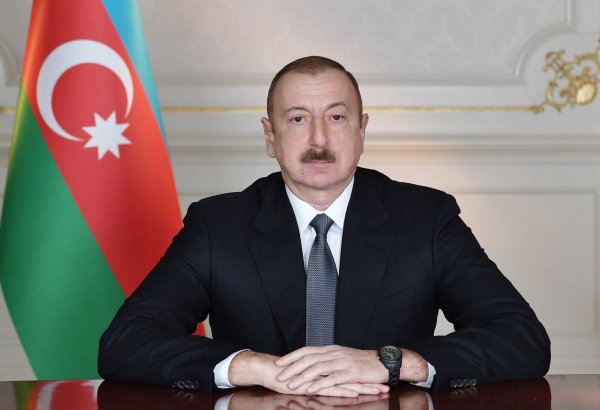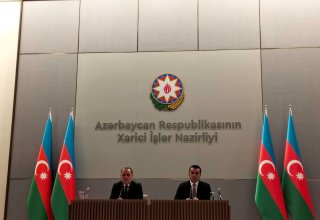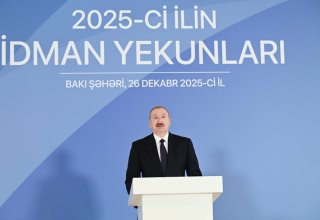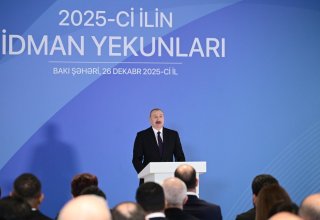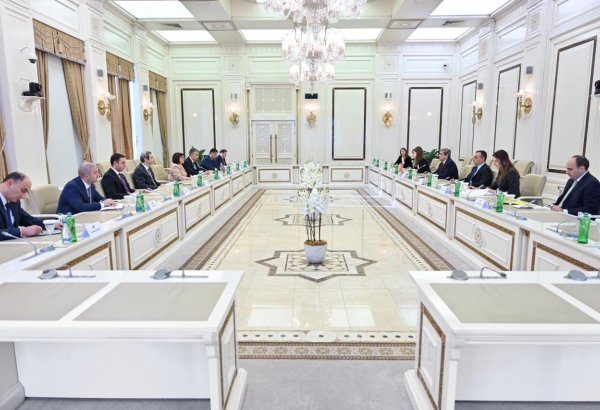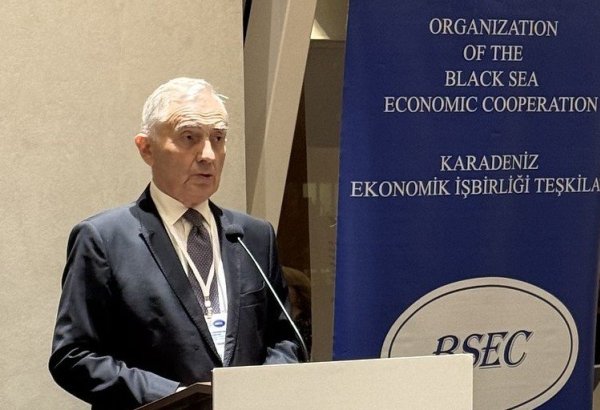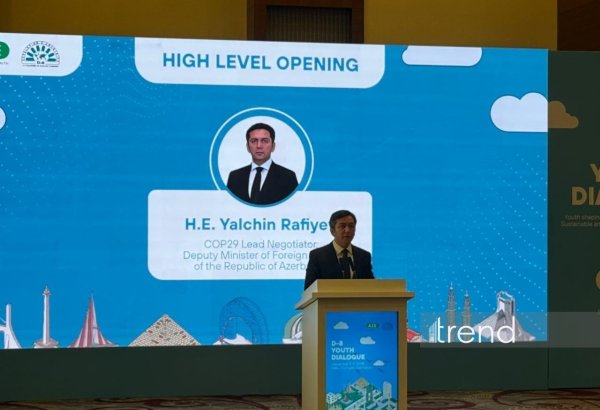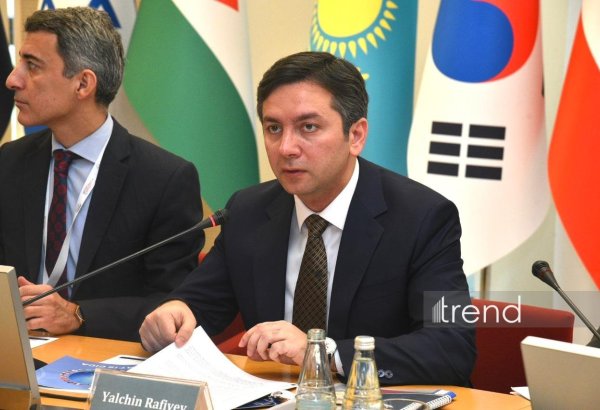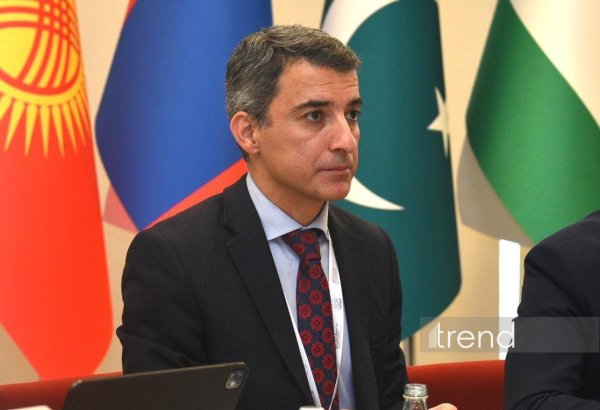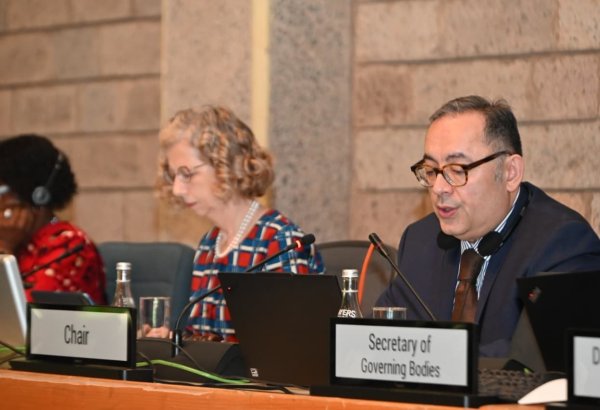BAKU, Azerbaijan, November 14. We call on MDBs (multilateral development banks) to increase funding for national adaptation plans, COP29 President Mukhtar Babayev said during a roundtable on "Driving Transformative Climate Action: Shifting the Focus from Financial Inputs to Impact and MDBs' Catalytic Effect" within COP29 in Baku today, TurkicWorld reports.
"We again call on the World Bank Group to increase financing for national adaptation plans. This week, leading multilateral banks forecasted that by 2030, their collective annual financing for climate programs will reach $170 billion, including $49 billion for adaptation financing," he explained.
Babayev pointed out that this financing is insufficient.
"We must scale up the available financing. Too often, the financing we mobilize is not accessible or acceptable. We rely on your support to address key issues such as the cost of capital, high transaction costs, and potential constraints, as well as to improve the efficiency of climate financing for those who need it the most. The ongoing reforms at the World Bank Group are vital for attracting affordable resources," he emphasized.
To note, the 29th session of the Conference of the Parties to the United Nations Framework Convention on Climate Change (COP29) started in Baku on November 11. The United Nations Framework Convention on Climate Change is an agreement signed at the Earth Summit in Rio de Janeiro in June 1992 to prevent dangerous human interference in the climate system.
A total of 198 countries are Parties to the Convention. Unless the parties decide otherwise, the COP is held annually. The first COP event took place in March 1995 in Berlin, and its secretariat is located in Bonn.
The main expectation from COP29 is to agree on a fair and ambitious New Collective Quantitative Goal (NCQG) on climate finance. The COP29 chairmanship has launched 14 initiatives that include linkages between climate action and the Sustainable Development Goals, including green energy corridors, green energy storage, harmony for climate resilience, clean hydrogen, methane reduction in organic waste, action on green digital technologies, and other topics.








